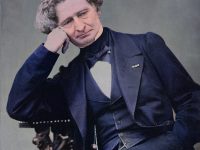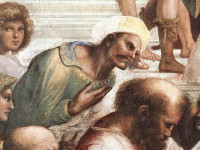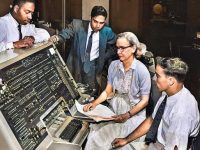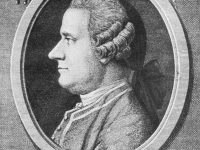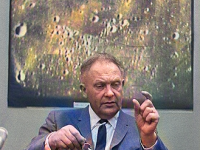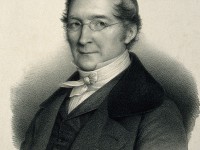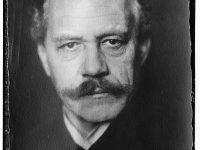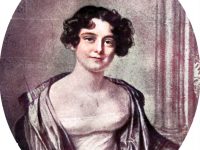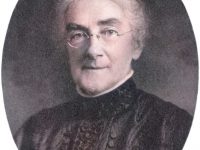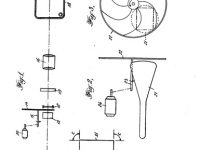Hector Berlioz and the Symphonie Fantastique
On December 11, 1803, French romantic composer Hector Berlioz was born. He is best known for his compositions Symphonie fantastique and Grande messe des morts (Requiem). Berlioz made significant contributions to the modern orchestra with his Treatise on Instrumentation. He specified huge orchestral forces for some of his works, and conducted several concerts with more than 1,000 musicians. “Time is a great teacher, but unfortunately it kills all its pupils.” — Hector…
Read more

